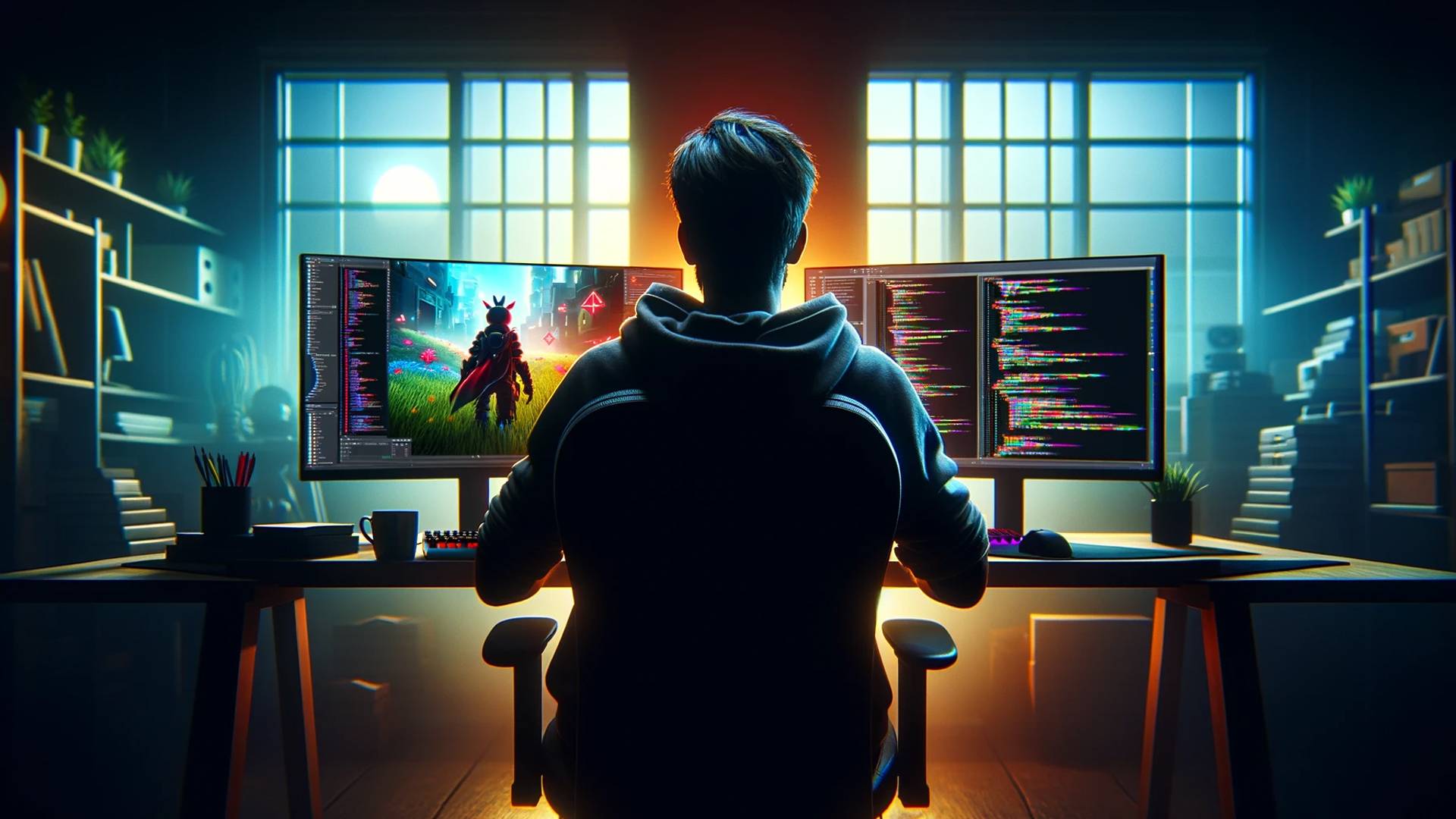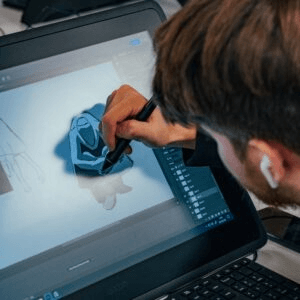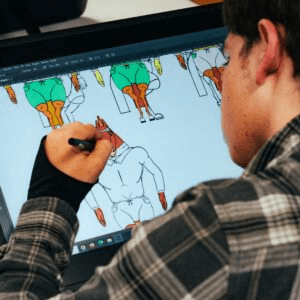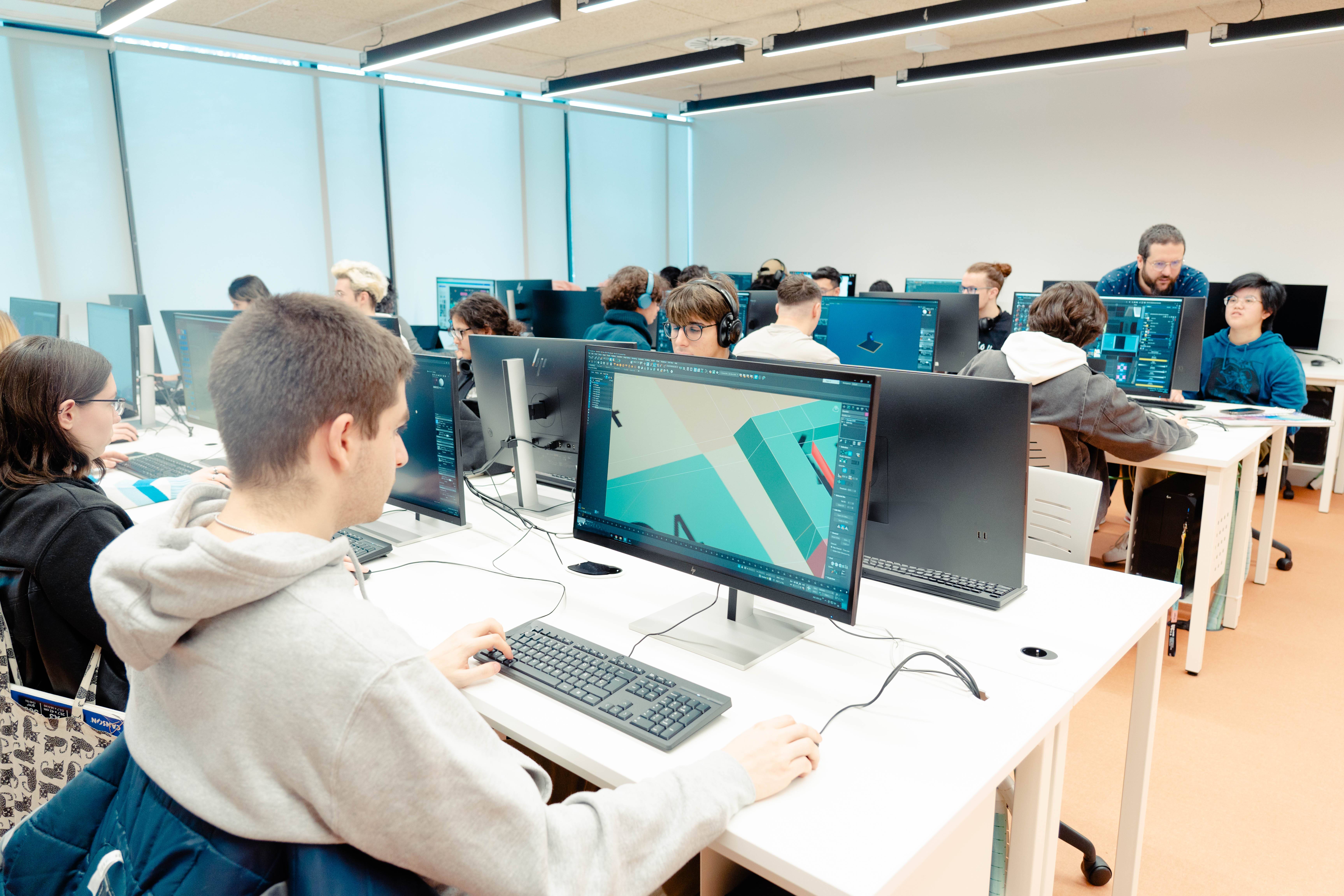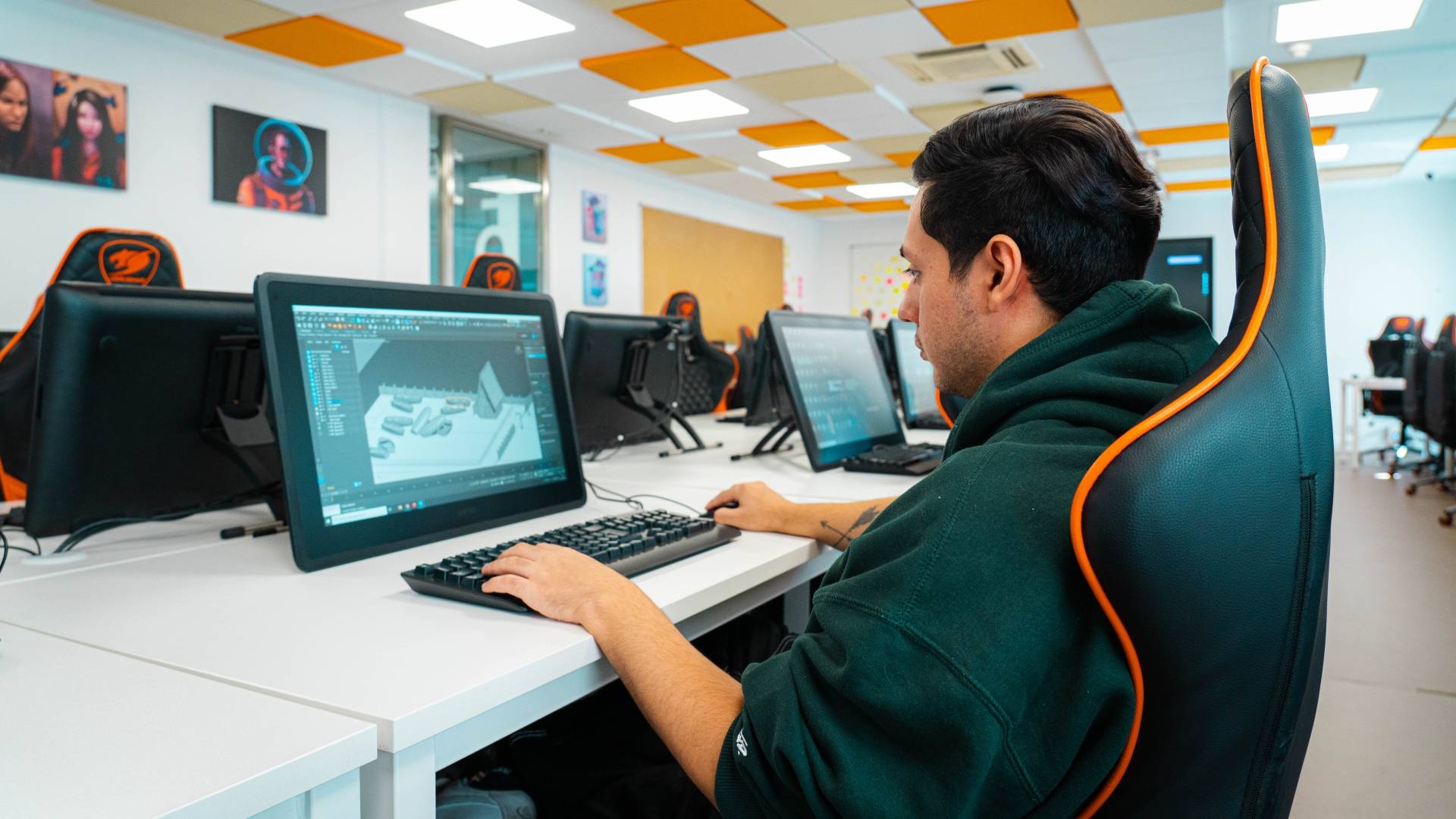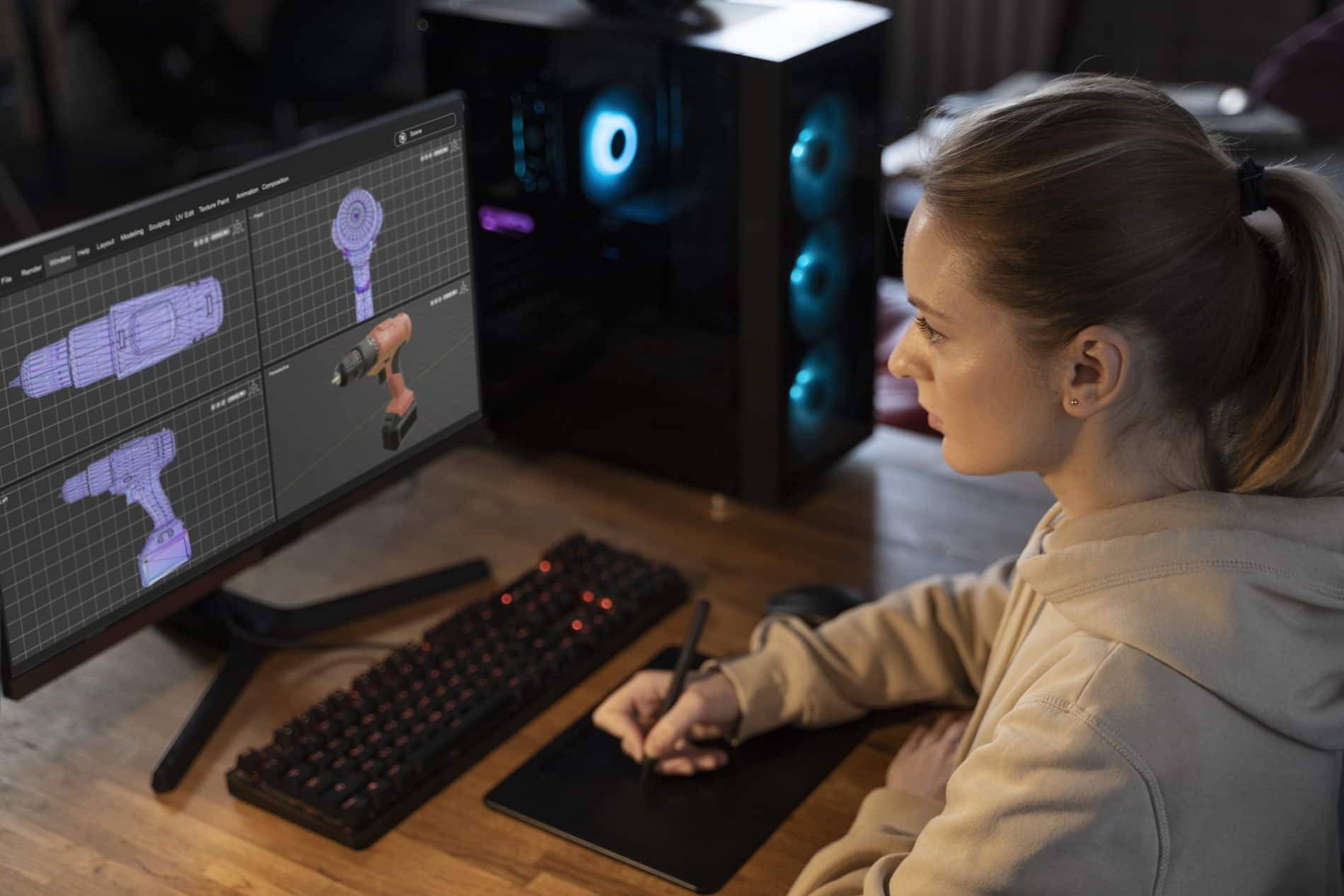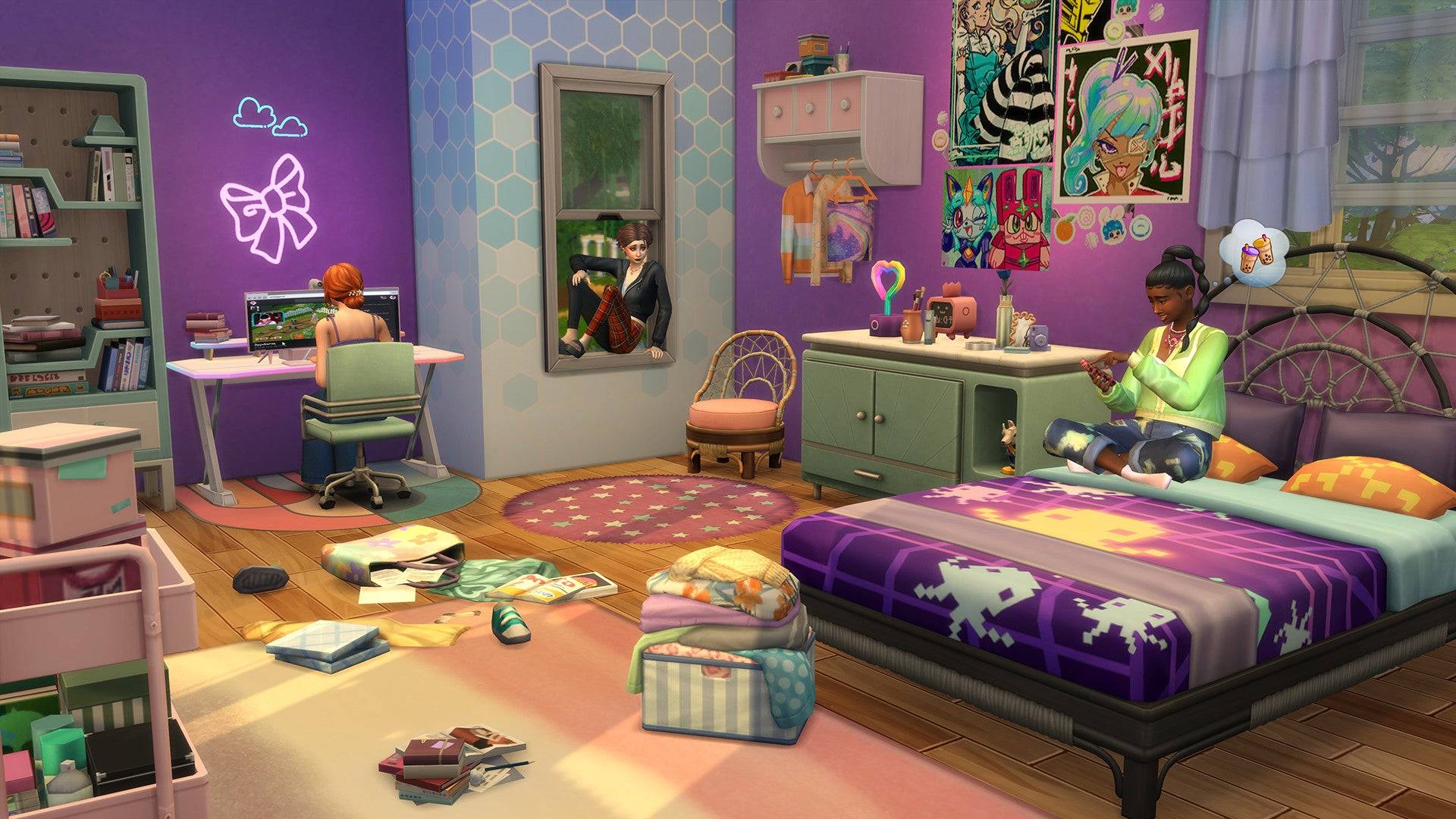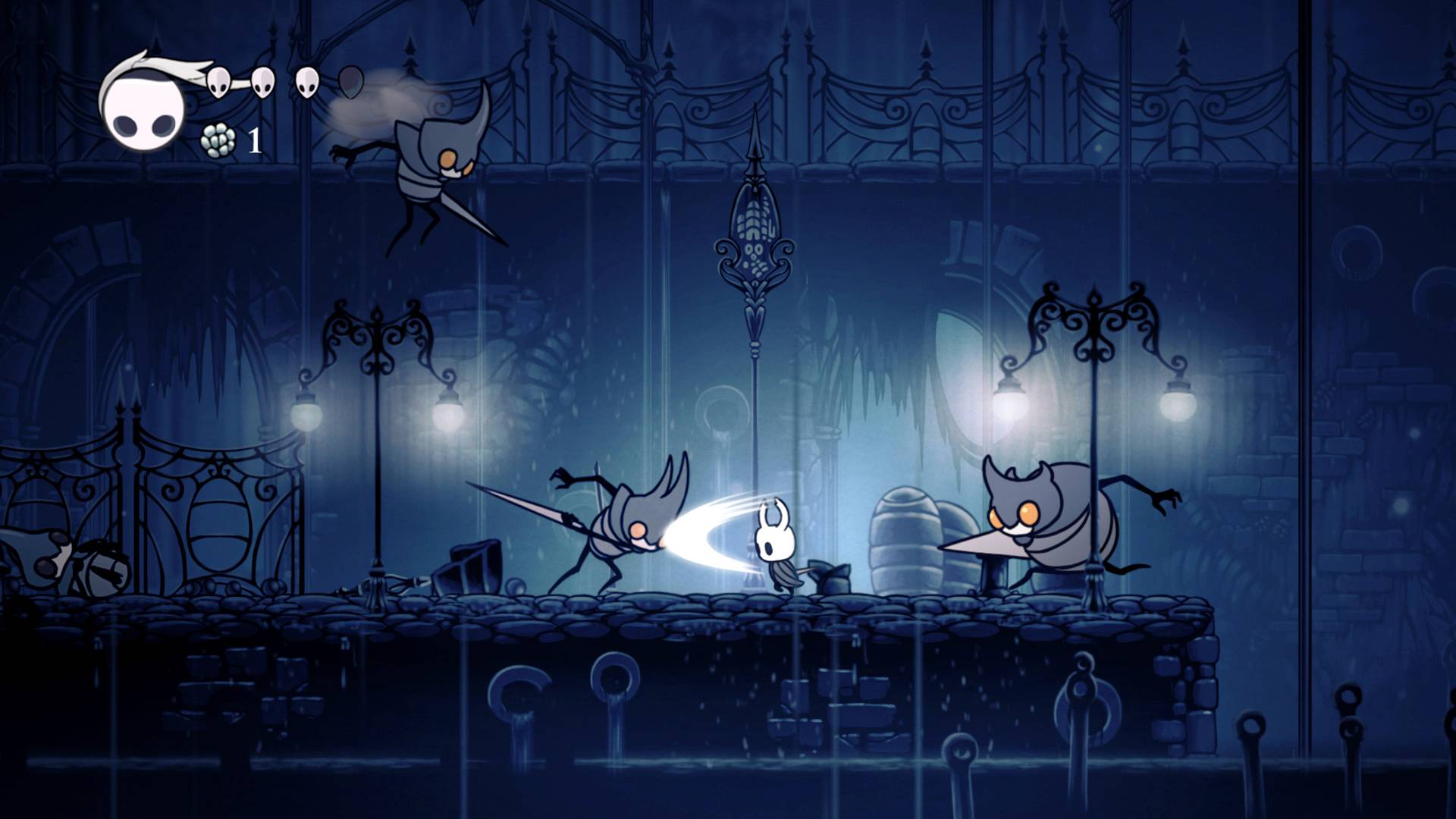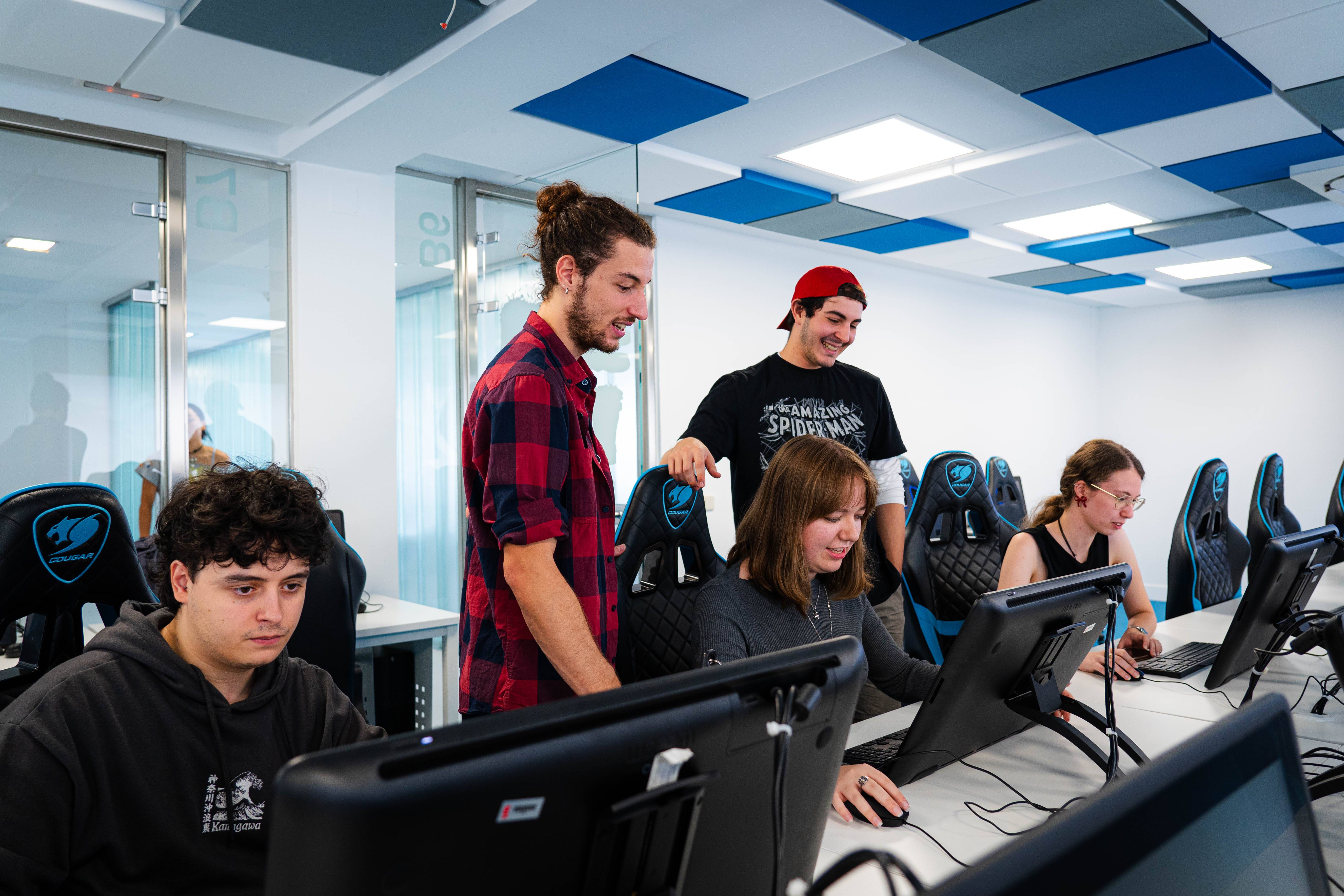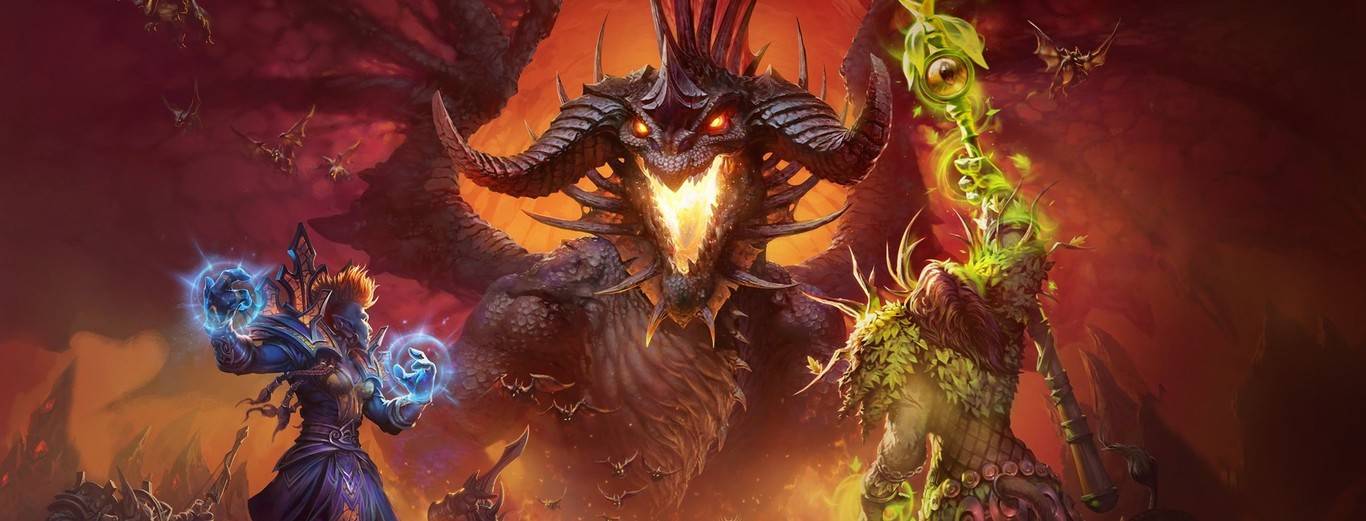Do you want to design your own video games? Find out which grade suits you best!
Game design is a fascinating and evolving field that combines art, technology and storytelling to create immersive and entertaining experiences. Over the last few decades, we have witnessed a revolution in the way video games are developed and consumed, moving from simple pixels on screens to complex interactive works of art capable of telling deep stories and offering rich and varied experiences to a global audience.
At UDIT you can train and become a professional thanks to UDIT's Bachelor's Degree in Video Game Design and Development.
This field offers a unique opportunity to combine creativity and technical innovation. Video game designers must not only be adept in the use of development software and design tools, but also need a solid understanding of narrative, player psychology, and game design principles to create experiences that are both challenging and rewarding.
The video game industry is now one of the largest in the entertainment sector, surpassing even the film and music industries in terms of revenue generated. This is due, in part, to the diversification of gaming platforms to include game consoles, PCs, mobile devices and, more recently, virtual and augmented reality, opening up new frontiers for design and gameplay.
As technology advances, so does the field of game design, constantly presenting new challenges and opportunities for developers. The demand for innovative, high-quality video games has never been greater, making game design a promising and exciting career for those passionate about combining creativity, storytelling and technology.
Skills and competencies needed to become a game designer
To succeed in the world of game design, you need a diverse set of skills and competencies that go beyond a simple love of playing games. This interdisciplinary field requires a combination of technical, creative and analytical skills to create immersive and engaging game experiences. Here are some of the most important skills and competencies for those aspiring to become game designers.
- Creativity and innovation: Video game designers must be able to generate original and creative ideas for games, characters, plots and game mechanics. Innovation is key to capturing and maintaining the interest of gamers in a highly competitive market.
- Technical knowledge: While not all game designers need to be expert programmers, having a solid understanding of programming principles and familiarity with common programming languages, such as C++ or Java, is highly beneficial. In addition, it is essential to be proficient in game development tools and design software, such as Unity or Unreal Engine.
- Artistic skills: For designers who are inclined towards the visual aspect of video games, skills in drawing, 3D modelling, animation and graphic design are crucial. These skills allow the visual elements of the game to be conceptualised and brought to life.
- Storytelling skills: The ability to tell stories is fundamental to game design, as it allows for the creation of immersive worlds and plots that engage players. This includes writing dialogue, developing characters and building coherent and engaging game universes.
- Critical thinking and problem solving: Video game designers constantly face technical and creative challenges that require innovative solutions. The ability to analyse problems from multiple angles and find effective solutions is essential.
- Communication and teamwork skills: Video game development is a highly collaborative task that involves working with programmers, artists, writers and other designers. The ability to communicate ideas clearly and effectively, as well as to receive and offer constructive criticism, is critical to the success of any project.
- Gamer awareness and user-centred design: Understanding the target audience and their preferences is fundamental to game design. Designers must be able to put themselves in the players' shoes to create experiences that are accessible, challenging and satisfying.
- Project management: Video game designers must often oversee projects from conception to launch, which requires planning, organisational and time management skills.
In short, becoming a video game designer requires a combination of passion for games, creativity, technical and artistic skills, and the ability to work well in a team. At UDITwe prepare you to become a professional game designer and developer.
What does the Design and Development of Video Games and Virtual Environments consist of?
The Degree in Design and Development of Video Games and Virtual Environments represents a unique and cutting-edge educational opportunity aimed at training professionals capable of understanding and mastering both the art and science behind the creation of video games and interactive virtual environments. This degree encompasses a wide range of disciplines including artistic design, programming, interactive storytelling, player psychology, and project management, thus providing a comprehensive and multidisciplinary education.
UDIT students who embark on this educational path are immersed in a curriculum that combines theory and practice, where they learn to use the most advanced tools and technologies in video game development. At UDIT, with our unique methodology, we foster creativity and innovation from the outset, encouraging students to develop their own video game projects, allowing them to apply the knowledge acquired in real situations and preparing them for the challenges of the job market.
Interdisciplinarity is a fundamental pillar and students are encouraged to work in multidisciplinary teams, reflecting the real working environment in the video game industry. This not only enhances their communication and collaboration skills, but also allows them to better understand the different roles and perspectives within the video game development process.
UDIT's Bachelor of Design and Development of Video Games and Virtual Environments is an exceptional study option for those passionate about the world of video games and technology. We prepare students not only to enter the video game industry, but also to innovate and lead in the creation of new interactive experiences. Here you'll get a focus on creativity, cutting-edge technology and practical application that you won't find at other universities, and this degree is a springboard to a dynamic and rewarding career in the design and development of video games and virtual environments.
Why study Design and Development of Video Games and Virtual Environments at UDIT?
Studying the Bachelor's Degree in Design and Development of Video Games and Virtual Environments at UDIT, the first university to offer this degree in Spain, provides a multidisciplinary approach and ensures that students acquire a wide range of skills. From programming and software development to graphic design, narrative and player psychology, students become versatile professionals capable of tackling the various aspects involved in the creation of a video game. This versatility is highly valued in the job market, as companies look for candidates capable of working on complex, multidisciplinary projects.
Unlike other universities, another relevant aspect of training with us in this Degree is our unique curriculum, which incorporates the mentions of Art, Design and Programming, in addition to its focus on cutting-edge technology, including virtual and augmented reality. These technologies are defining the future of multiple industries, not only entertainment, but also education, medicine, and architectural design, among others. By mastering these tools, UDIT graduates position themselves at the forefront of technological innovation, further expanding their career opportunities in emerging and in-demand fields.
At UDIT we apply a practical and project-oriented teaching methodology. This is another key factor that makes the Bachelor's Degree in Design and Development of Video Games and Virtual Environments at UDIT a very attractive option for students at our university. By working on projects from the earliest stages of their education, UDIT students develop not only technical skills, but also competencies in project management, teamwork and problem solving. These hands-on experiences prepare our students for real-world challenges and ease their transition into the job market. We are a fundamental part of the video game sector (partner centre of PlayStation® Talents Academy, members of DEV and AEVI, founding partner of the Madrid Video Game Cluster, Unreal Academic Partners, sponsors of the Spanish eSports team FEJUVES, etc.).
Finally, studying this degree at our university opens doors to a global community of creatives, developers and technologists. The video game industry is known for its international collaboration and constant exchange of ideas and technologies. Graduates not only join this dynamic community, but also have the opportunity to positively impact society through entertainment, education and technological innovation.
In short, studying the Bachelor's Degree in Design and Development of Video Games and Virtual Environments at UDIT is an investment in the future. It offers a complete education, with a unique 100% UDIT and versatile methodology that prepares students for exciting and rewarding careers, allowing them to be at the forefront of technology and creativity in an increasingly digitised world.
UDIT students working on their projects with the Wacom Cintiq.
Career opportunities for the Degree in Design and Development of Videogames and Virtual Environments
Studying the Degree in Design and Development of Video Games and Virtual Environments at our university opens up a wide range of professional opportunities in an industry that is constantly growing and evolving. You will come into contact with the industry through internships, workshops and masterclasses with companies and organisations such as EA, King, Ubisoft, Blackmouth, Crema Games, Pentakill Studios, Indra, Amadeus, Telefónica and Deloitte, among others.
The demand for trained professionals in this fieldis high due to the rise of video games and the expansion of virtual and augmented reality in various sectors. Below, we describe some of the main career opportunities for graduates of this programme.
- Videogame designer: This is perhaps the most direct career path of the degree. As a video game designer, you can work on the creation of game concepts, game mechanics, stories and characters, ensuring that the user experience is entertaining and immersive.
- Video game programmer: The technical skills acquired in the degree allow you to work as a programmer, working on the code that makes video games work. This can range from programming game systems to developing internal tools to facilitate game design.
- Video Game Artist: For those with skills and passion for visuals, this career offers the opportunity to work on the design of characters, environments, objects and the user interface, using a variety of 3D modelling and animation tools.
- Virtual environment designer: Beyond video games, graduates can specialise in creating virtual environments for simulations, education, training, marketing, and more. This area takes advantage of the ability of virtual environments to simulate real situations in a controlled environment.
- Augmented reality and virtual reality specialist: With the increasing use of these technologies in different fields, from medicine to tourism, graduates can apply their skills in developing immersive applications and experiences that combine the real world with virtual elements.
- Game tester (QA): This role is crucial in the development process to ensure the quality and correct functioning of video games. Testers provide vital feedback to improve the game before it is released to the market.
- Project manager: The skills acquired in project management during the degree allow you to oversee the development of video games and virtual environments, ensuring that they are completed on time, on budget and to specification.
- Educator or trainer: With the experience and knowledge acquired, some graduates opt for teaching, sharing their passion and expertise in video game design and development with new generations of students.
- Entrepreneur in the videogame industry: Finally, those with an entrepreneurial spirit may choose to found their own videogame development studio, creating their own projects and bringing their innovative ideas to market.
These are just some of the many options available to graduates of the Bachelor's Degree in Design and Development of Video Games and Virtual Environments. The video game industry and immersive technologies offer a rich field of opportunities for those with the passion, skill and dedication to pursue a career in this exciting field.

